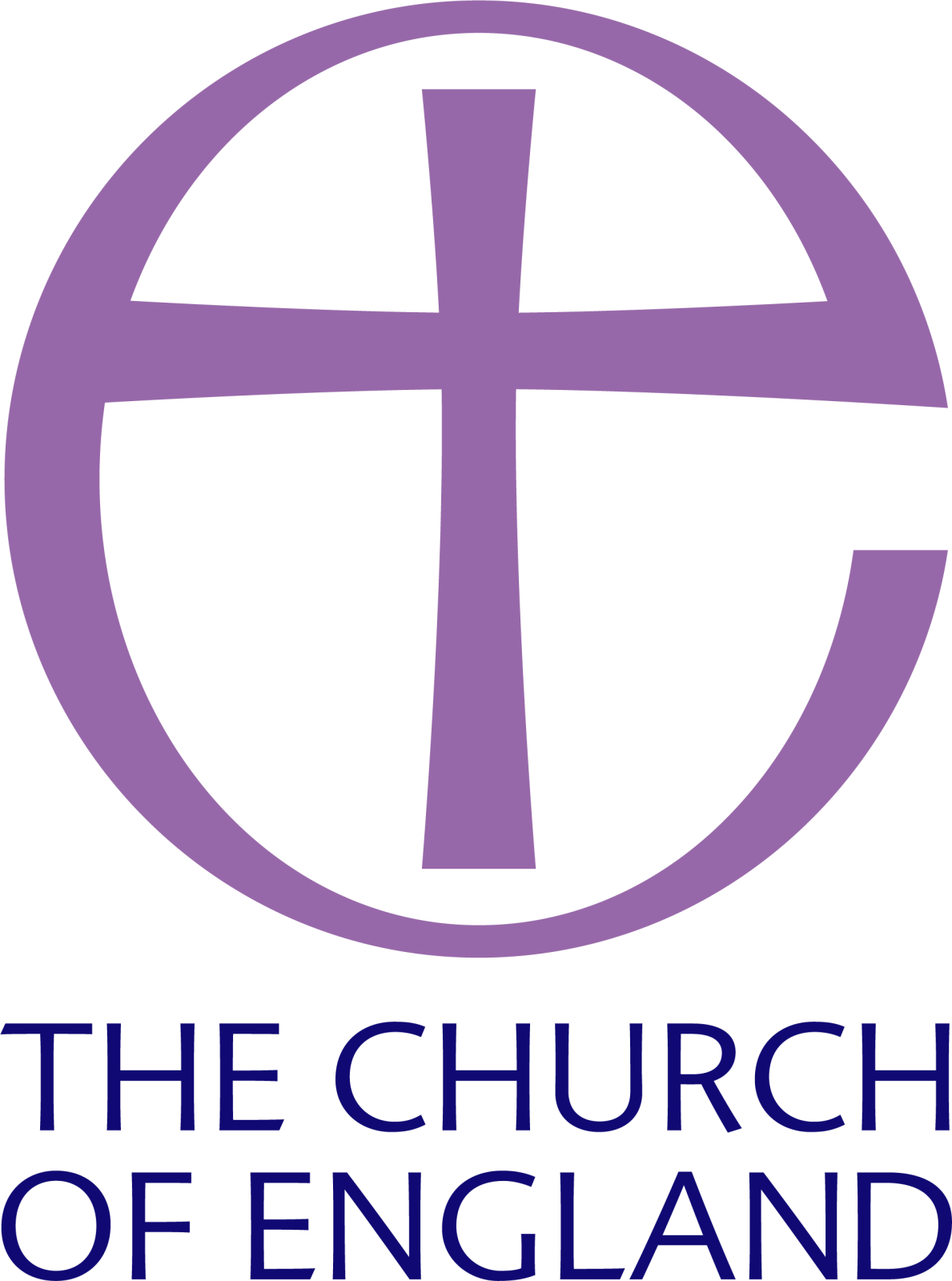MOOCS
MOOCs are a great way to learn something new, boost your knowledge, and impress on your applications. But what are MOOCs and how can you get the best out of them? This guide sets out everything you need to know about MOOCs.
MOOC stands for Massive Open Online Course. MOOCs are taught by universities across the world and cover a huge range of topics. They can help you get to grips with a new subject, and they look super impressive to teachers, colleges, apprenticeships, universities, and future employers.
Why take one?
There are four main reasons to take a MOOC:
- They can introduce you to new topics. If you have a niche hobby or field of interest, it might be hard to find related learning opportunities at school. MOOCs give you the chance to study all kinds of subjects at different levels.
- They give you a flavour. Studying for a MOOC can help you decide if a specific field of study is right for you. It’s a way to test the waters, and see for sure if you are interested in the subject.
- They’re impressive. Taking the initiative to complete an online course shows that you’re a dedicated student and that you’re an independent learner who is happy to go the extra mile.
- They can boost your skills. Whether it’s learning a language, exploring cryptography, or brushing up on Python, completing a MOOC will help you learn something new that you can bring to the workplace or your studies.
How much do they cost?
One of the most appealing aspects of MOOCs is that they’re often free to study. Some more advanced courses might charge a fee, and in some instances you have to pay to take the final course test and to receive a certificate of completion, but you don’t always need a certificate to prove you’ve taken the course. You’ll normally get email confirmation that you completed the course and you can use this in applications in place of a certificate.
You also don’t need the extras to write about taking a MOOC on your Personal Statement or job application, and - of course - you’ll still have learnt what was in the course!
Unifrog’s MOOC shortlisting tool lists the normal costs for extras and certificates for each MOOC provider.
What can I take a MOOC in?
You can MOOCs on the search for extraterrestrial life, on sustainable fashion, on how to learn, on healing, on veganism - the list is endless and you don’t need any prior interest to sign up, so you can try out as many new things as you want to!
Be sure to keep a record of every MOOC you take.
How do I show off a MOOC?
If you want to mention having done a MOOC in your Personal Statement, or in an interview, just saying you’ve done it is not enough. You need to be able to talk or write about what you learnt, how it developed your skills or knowledge, what you read or researched as a result, or any new interests it helped you develop. Luckily, you have the Unifrog platform to record this. Whatever you do, make sure you come across as an active learner rather than someone who signs up for a course and just watches the screen until it’s over.
Where do I choose a MOOC?
You will need to sign up to Future Learn where you will find a diverse range of courses to suit all interests.



